WOMEN
IN THE EUROPEAN PARLIAMENT
International Women’s Day 8 March 2024
EQUALITY, INCLUSION AND DIVERSITY UNIT
PART 1 - POLITICAL POSTS
A word from the President
Although 2023 was a challenging year marked by global geopolitical crises, women were at the forefront in advocating for change across the globe. To name just a few examples, in Belarus, women inspired us to fight for peace and democracy, and in Iran, we saw women rise up to defend human rights, justice and liberty. That is why the European Parliament awarded the 2023 Sakharov Prize for Freedom of Thought to Jina Mahsa Amini and to the women of Iran for their ongoing battle for justice.
Overall, 2023 was a landmark year for women’s rights in Europe. The European Union ratified the Council of Europe’s Istanbul Convention on preventing and combating violence against women. As a result, we must now report on our progress in implementing the convention’s provisions, including measures to protect victims. We also finally have glass ceiling-shattering legislation in place with the 'Women on Boards' Directive and the Pay Transparency Directive.
We also pushed for change within our own institution. Throughout the year, the European Parliament advocated gender mainstreaming and gender-sensitive solutions. Thanks to the Bureau’s gender action plan and gender roadmap, we have made real progress in improving the gender balance across our administration.
In general, we have pursued efforts to make our institution a fairer and more welcoming workplace. In January 2023, I asked the Quaestors for proposals to toughen our anti-harassment policy. In July, the Bureau reaffirmed Parliament’s commitment to pursue a zero-tolerance policy. We have created a mediation service, agreed on mandatory training for Members and improved existing rules on handling harassment cases.
As always, International Women’s Day on 8 March is a day to celebrate our achievements. In 2023, we clearly contributed to making the European Union a better place for the next generation and the European Parliament a better workplace for every woman. We will not stop there. There is still much to do and we must consider how we can continue to improve.
As President of the European Parliament, I call for a real change in mindset on gender issues. We must be a role model. I am confident that in 2024 - this election year – we can deliver greater justice and a more inclusive Europe for all.

Roberta Metsola
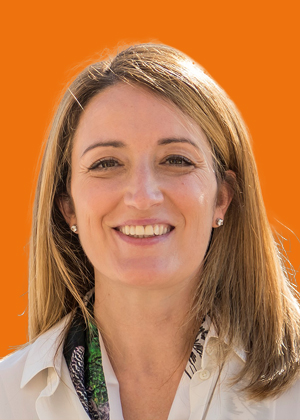
HIGH-LEVEL GROUP ON GENDER EQUALITY AND DIVERSITY

Dimitrios Papadimoulis
Chair
(The Left – EL)
Looking back at the past year and beyond, I am proud of everything Parliament has done to improve gender equality, both across society and within its own walls. Working in a committed and inclusive way, we have strived to make the European Parliament the leading institution on gender equality.
I still insist, however, that Parliament must lead by example. Our claims to apply systematic gender impact assessment and budgeting in all our legislative work ring hollow if our own institutional bodies are not gender-balanced. We have not yet reached full parity in the plenary, nor across our committees and delegations.
Our experience addressing disparities in the Secretariat’s management demonstrates the importance of concrete targets and data collection. But we also need horizontal gender balance and better representation of women in traditionally ‘male’ areas.
That is why I have been supporting a change of Parliament’s Rules of Procedure. We need more women covering policy areas such as constitutional affairs, foreign affairs, security and defence, tax and budgets. Equally, more men are needed in the Committees on Women’s Rights and Gender Equality, Employment and Social Affairs, and Civil Liberties, Justice and Home Affairs.
Leading by example also means being a safe and inclusive workplace. We have made progress in uprooting harassment and discrimination in our House, and I am delighted that the #MeTooEP movement was among the winners of this year’s Simone Veil Award for Equality and Diversity.
All of our achievements in improving gender equality in Parliament and beyond have been possible thanks largely to a shared commitment and cooperation between MEPs, political groups and the DGs. We all share the same vision, expressed in the gender roadmap, of equality and justice for all genders and at all levels.
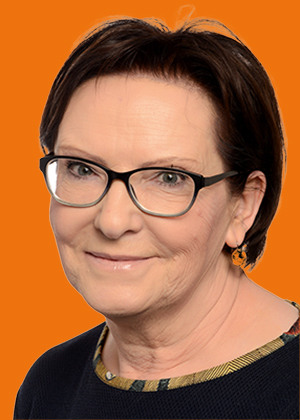
Ewa Kopacz
Vice-Chair
(EPP – PL)
The European Parliament adopted the 'Women on Boards' and Pay Transparency directives in 2022 and 2023 respectively. I am looking forward to seeing them implemented, as I am convinced they will be a game changer in the fight for gender equality.
Addressing the glass ceiling and the gender pay gap is key to reducing inequalities in our societies, especially during the current cost-of-living crisis. In recent years, with the pandemic, the war in Ukraine and the climate change-related disasters, we have learnt that crises are never gender-neutral. Women are at greater risk of poverty and this has to change.
Parliament contributes to this change through legislation. It should also lead by example. For instance, I note the progress in the implementation of our zero-tolerance policy towards harassment. Women can only benefit from the legislative improvements in a safe workplace. Only an exemplary institution can make a real difference in the fight against structural discrimination.
After this year’s elections, I naturally hope to see more women in the hemicycle. I also wish to see more women chairing committees and delegations. We need to give more weight to the gender data we collect in the European Parliament and use it as a tool to improve gender balance.
I also advocate the inclusion of gender mainstreaming and gender budgeting principles in all policy areas, and when devising measures to respond to specific crises affecting women and girls.
We need to collect more disaggregated data in order to assess the gender dimension of each policy and its specific effects on every woman. It is also vital that we devise gender-targeted measures to support women suffering the negative effects of the multiple crises, especially in the fields of employment, gender-based violence and sexual and reproductive health and rights.
Currently, the HLG members are:

Dimitrios PAPADIMOULIS
Chair
(The Left – EL)

Ewa KOPACZ
Vice–Chair
(EPP – PL)
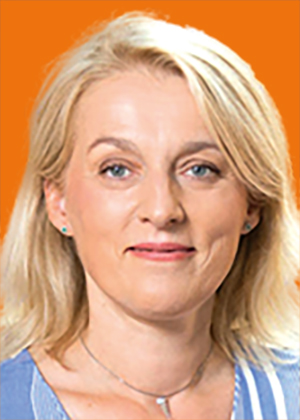
Evelyn REGNER
(S&D – AT)
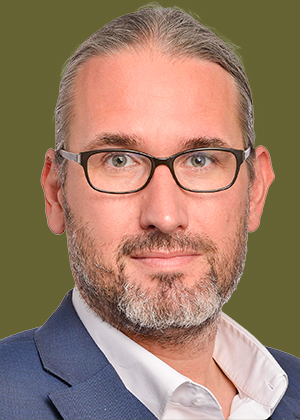
Martin HOJSÍK
(Renew – SK)
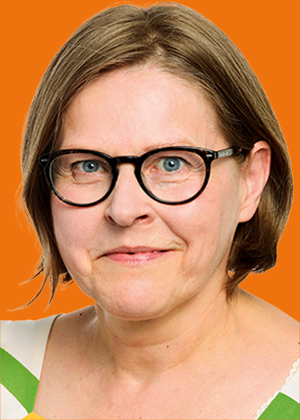
Heidi HAUTALA
(Greens/EFA – FI)
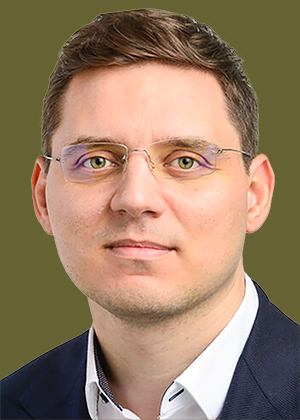
Victor NEGRESCU
(S&D – RO)
The invited members are:

Bernd LANGE
(S&D – DE)
Conference of Committee Chairs (CPCO)
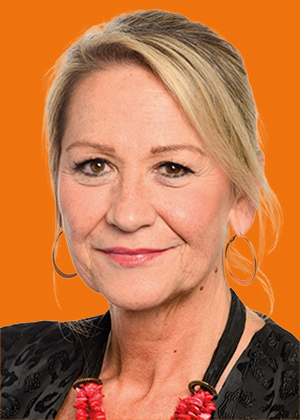
Inma RODRÍGUEZ-PIÑERO
(S&D – ES)
Conference of Delegation Chairs (CPDE)

Robert BIEDROŃ
(S&D – PL)
Women’s Rights and Gender Equality (FEMM)
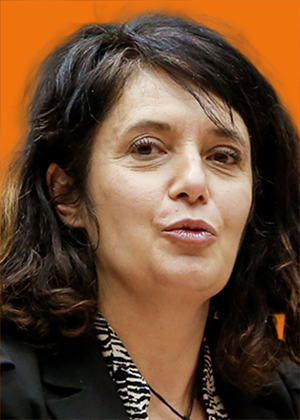
Irène TOLLERET
(Renew – FR)
Standing Rapporteur on Gender Mainstreaming
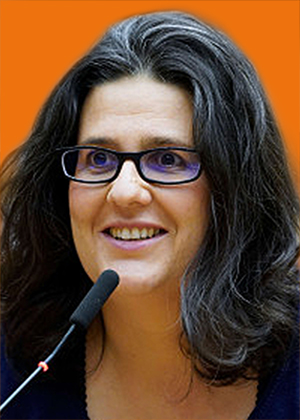
Gwendoline DELBOS-CORFIELD
(Greens/EFA – FR)
Standing Rapporteur on Gender Mainstreaming
MEMBERS
At 39.9%, the percentage of women MEPs in Parliament has increased slightly since last year. This places the European Parliament among the most gender-balanced parliaments in the world. Women also continue to be highly represented in the decision-making posts within Parliament, with a woman President and six women Vice-Presidents out of 14. Ensuring a high representation of women in the European Parliament increases the level of democratic representation of all EU citizens and helps Parliament to achieve gender mainstreaming more effectively, whether in the context of EU legislation and policies or within its own internal structures and bodies, including its Secretariat.
Women Members of the European Parliament 1952-2024 and evolution by gender
REPRESENTATION OF WOMEN IN THE EUROPEAN PARLIAMENT AND IN NATIONAL PARLIAMENTS, BY MEMBER STATE
To be truly representative our Parliament must reflect the diversity of Europe and its people. This includes, of course, women; with access to and involvement in the political process being not only a fundamental right, but also essential to creating equalitarian and just societies. This year, we have one country (Latvia) who has achieved gender parity among its MEPs, and four (Luxembourg, Finland, Sweden and Spain) who currently have more women MEPs than men. On average, women represent 39.9% of the MEPs in the European Parliament, which is higher than the EU average of 32% women members within Member States’ national parliaments and significantly higher than the global average for parliaments of 26.7%. In all but seven Member States (Austria, Belgium, Denmark, Estonia, Lithuania, Romania and Slovenia), the proportion of women MEPs is higher than the proportion of women national MPs. We are proud to see that many of our Member States, and Parliament itself, are leading the way globally, and we look forward to what will hopefully continue to be a positive trend towards true gender parity.
National parliament data based on the number of women elected to the Lower House as at 10/01/2024. Source: IPU Parline
Women in the European Parliament vs National parliaments
THE BUREAU
The Bureau is made up of the President of Parliament, the 14 Vice-Presidents, and the five Quaestors in an advisory capacity. It is elected by Parliament to serve for two and a half years. The Bureau guides Parliament’s internal operations, including budget estimates, and all administrative, organisational and personnel matters. There is parity in the Bureau: 10 women (the President, six Vice-Presidents and three Quaestors) and 10 men (eight Vice-Presidents and two Quaestors).
Vice-Presidents by gender
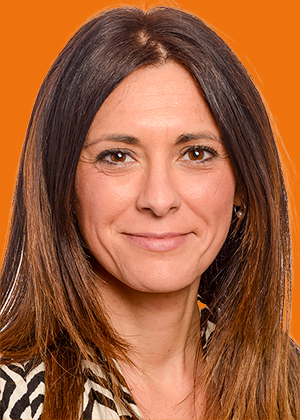
Pina PICIERNO
(S&D – IT)

Ewa KOPACZ
(EPP – PL)

Evelyn REGNER
(S&D – AT)
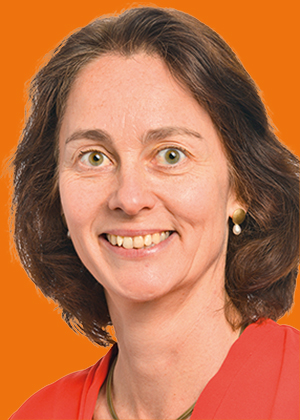
Katarina BARLEY
(S&D – DE)
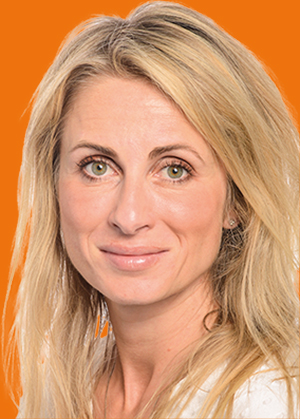
Dita CHARANZOVÁ
(Renew – CZ)

Heidi HAUTALA
(Greens/EFA – FI)
Quaestors by gender
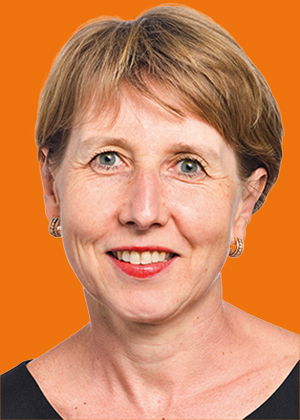
Anne SANDER
(EPP – FR)
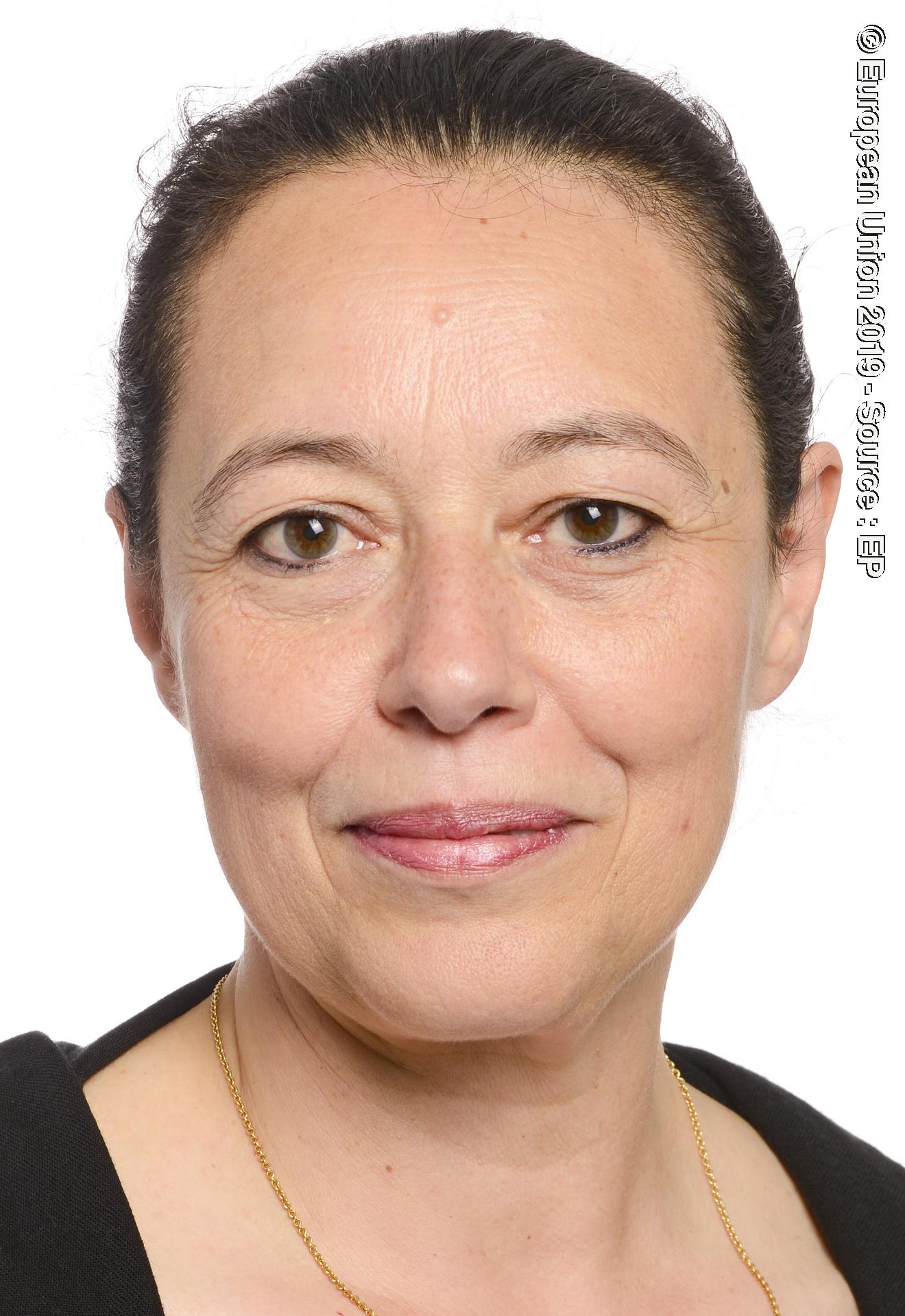
Isabel WISELER-LIMA
(EPP – LU)
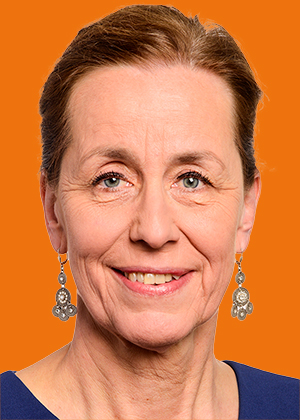
Fabienne KELLER
(Renew – FR)
POLITICAL GROUPS
In the European Parliament, Members form groups on the basis of political affiliation. There are currently seven political groups in Parliament, each led either by a chair or by two co-chairs. Four groups have women as chairs or co-chairs: Iratxe García Pérez chairs the Group of the Progressive Alliance of Socialists and Democrats, Valérie Hayer chairs the Renew Group, Terry Reintke co-chairs the Group of the Greens/European Free Alliance and Manon Aubry co-chairs the group of The Left in the European Parliament. Members who do not belong to a political group have a secretariat and are called ‘Non-attached’.
Political group chairs and co-chairs by gender
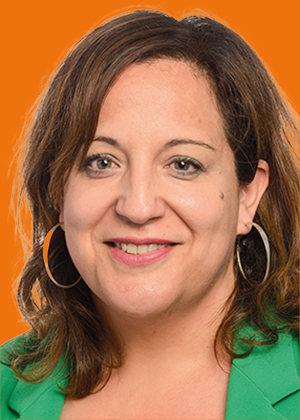
Iratxe GARCÍA PÉREZ
(S&D – ES)
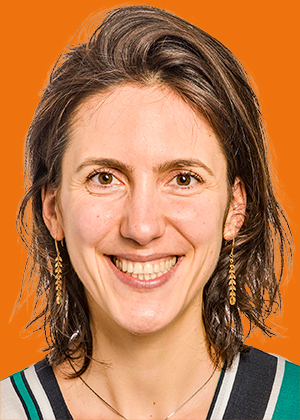
Valérie HAYER
(Renew - FR)
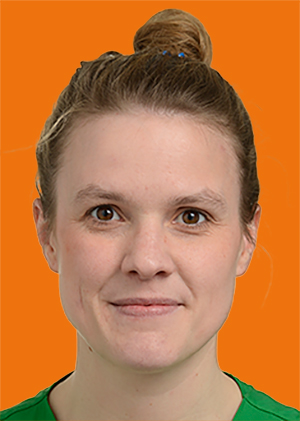
Terry REINTKE
(Greens/EFA – DE)
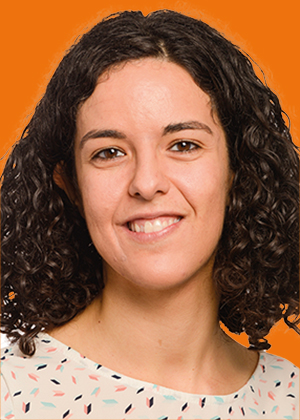
Manon AUBRY
(The Left – FR)
Gender breakdown in the political groups
EPP: Group of the European People’s Party (Christian Democrats). S&D: Group of the Progressive Alliance of Socialists and Democrats in the European Parliament. Renew: Renew Europe Group. Greens/EFA: Group of the Greens/European Free Alliance. ECR: European Conservatives and Reformists Group. ID: Identity and Democracy Group. The Left: The Left in the European Parliament. NI: Non-attached Members.
COMMITTEES
As of the beginning of 2024, Parliament has 20 standing committees and four subcommittees. The committees prepare the work for Parliament’s plenary sittings, drawing up reports on legislative proposals and adopting own-initiative reports. The committee chairs coordinate committee proceedings in the Conference of Committee Chairs. Seven of the committees are currently chaired by women.
Conference of Committee Chairs 7 women committee chairs
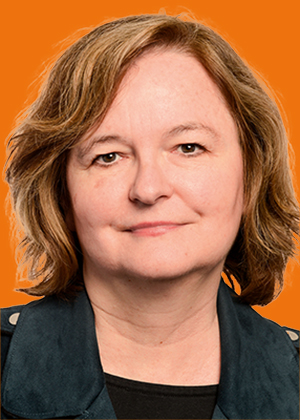
Nathalie LOISEAU
(Renew – FR)
(SEDE)
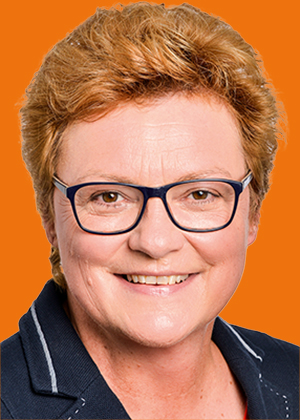
Monika HOHLMEIER
(EPP – DE)
(CONT)
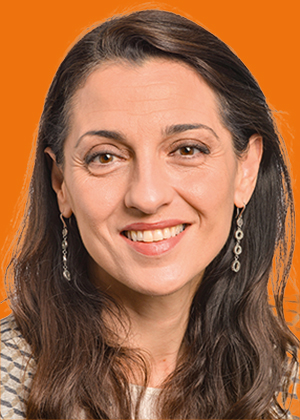
Irene TINAGLI
(S&D – IT)
(ECON)
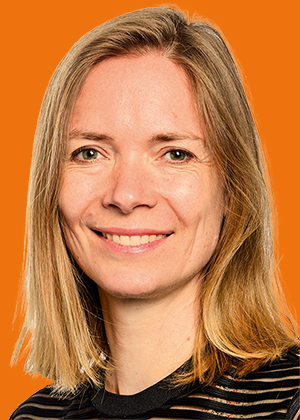
Anna CAVAZZINI
(Greens/EFA – DE)
(IMCO)
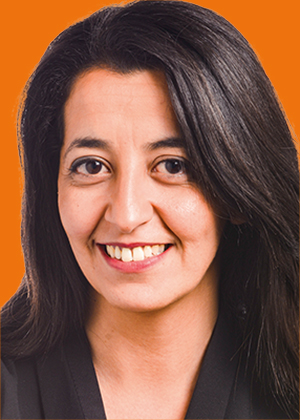
Karima DELLI
(Greens/EFA – FR)
(TRAN)
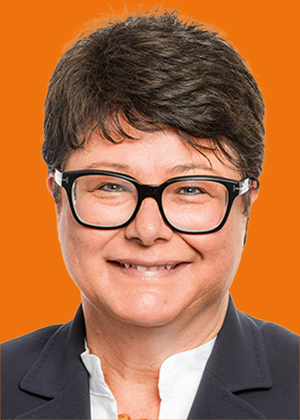
Sabine VERHEYEN
(EPP – DE)
(CULT)
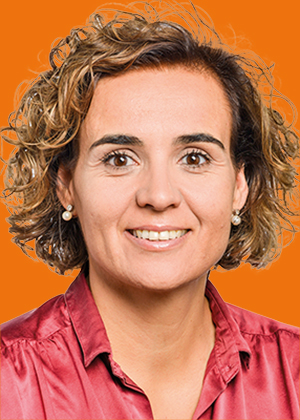
Dolors MONTSERRAT
(EPP – ES)
(PETI)

Robert Biedroń
Chair of the Committee on Women’s Rights and Gender Equality (FEMM)Chair of the Committee on Women’s Rights and Gender Equality (FEMM)
(S&D – PL)
In 2023, the FEMM Committee worked hard to protect women’s rights and bring us closer to achieving gender equality across the board. A large part of our work was dedicated to combating discrimination at work and gender-based violence.
We managed to achieve legislative milestones on both fronts.
On employment, we adopted the landmark Pay Transparency Directive, which will help ensure that the principle of equal pay for equal work applies to all EU citizens. This is a remarkable follow-up to last year’s adoption of the ‘Women on Boards’ Directive, showing that the EU has continued to strive for gender equality, also in the workplace.
As regards combating gender-based violence, the EU accession to the Istanbul Convention is one of our greatest achievements. Parliament has been supporting this ratification for many years, and FEMM has been drawing attention to the need to further combat specific forms of violence, including sexual harassment, trafficking, forced prostitution, female genital mutilation, cyberstalking and gender-based hate speech.
In 2023, FEMM prepared a successful fourth edition of Gender Equality Week with Vice-President Evelyn Regner. This year’s topic was ‘Gender Equality: What's next?’ We decided to look not only at what we have achieved but also at the way forward. The EU must continue to work towards achieving gender equality in all fields and in every part of the Union.
Although significant progress has been made in this legislative term, as Chair of the FEMM Committee I cannot ignore the reality that our own House still needs to become more gender-balanced. Women Members are significantly under-represented on many important committees. True democracy cannot exist without equal representation, which is why we must continue to push for gender equality in decision-making bodies within our House, as well as in the Member States.
We can never achieve our true potential if we feel satisfied with only partial progress. We shall not rest until we guarantee the same rights and protection to all women in the EU and beyond. I therefore intend, together with the FEMM Committee, to keep supporting not only women themselves but also the mainstreaming of their rights in Parliament, across the EU and worldwide.

Gwendoline
DELBOS-CORFIELD
(Greens/EFA – FR)

Irène
TOLLERET
(Renew – FR)
Standing Rapporteurs on Gender MainstreamingStanding Rapporteurs on Gender Mainstreaming
As this legislature comes to an end, we must review what we have achieved over the past four years and what still needs to be done after the next election.
Together with the Committee on Women’s Rights and Gender Equality (FEMM Committee) and the High-Level Group on Gender Equality and Diversity, we pushed Parliament to improve gender balance and diverse representation in its bodies, both in the administration and at the political level. We organised hearings and meetings to gather and discuss data, inform the political groups and move forward with these issues.
Several resolutions and reports were adopted in plenary with clear majorities, reaffirming our common will to fight against harassment and to continue working on gender equality.
Some rules were changed, such as those on gender balance in committee Chairs. Other issues were tackled in our reports and resolutions but have yet to be implemented in the Rules of Procedure, including stronger rules to prevent and fight harassment. The proposals are on the table but the Committee on Constitutional Affairs must now conclude its work and endorse them in the coming months.
During this term, the work of and pressure from the FEMM Committee was key to making other bodies of Parliament move forward. With discussions ongoing on the standing committees and their possible evolution, we must insist that a standing committee on women’s rights and gender equality is still crucial in order to protect fundamental rights and to keep making progress, because unfortunately the work is far from finished.
Committee on Women’s Rights and Gender Equality
DELEGATIONS
Delegations maintain and develop Parliament’s international contacts at the political level. Their activities are intended to enhance contacts with the EU’s partner parliaments and with non-EU countries to help promote the values upon which the EU was founded. There are currently 48 delegations, with 17 women chairs. The Conference of Delegation Chairs (CPDE), the political body in Parliament that coordinates the work of the standing delegations, is also chaired by a woman: Inma Rodríguez- Piñero. At the time of writing, the D-US chair post is vacant.
Conference of Delegation Chairs 17 delegations chaired by a woman

Inma RODRÍGUEZ-PIÑERO
(S&D – ES)
(D-CL); CPDE
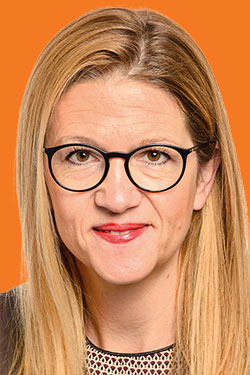
Stéphanie YON-COURTIN
(Renew – FR)
(D-CA)
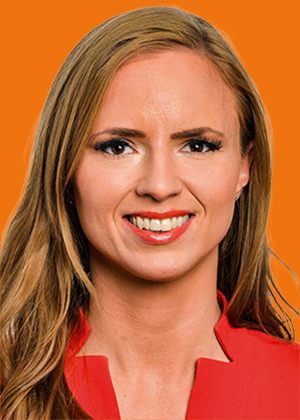
Sara SKYTTEDAL
(EPP – SE)
(D-IQ)
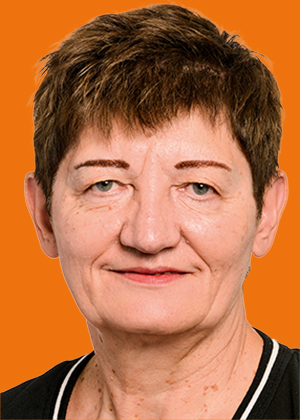
Cornelia ERNST
(The Left – DE)
(D-IR)
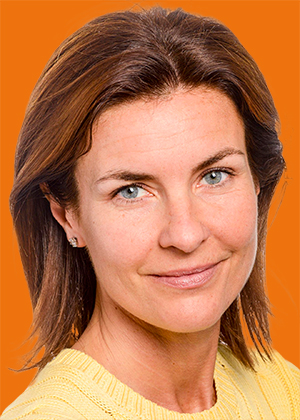
Alessandra MORETTI
(S&D – IT)
(D-RS)
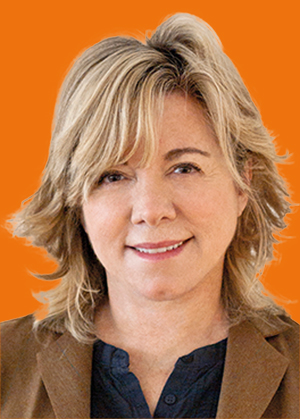
Pilar del CASTILLO VERA
(EPP – ES)
(DAND)
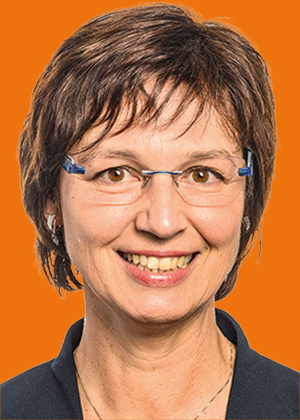
Ulrike MÜLLER
(Renew – DE)
(DANZ)
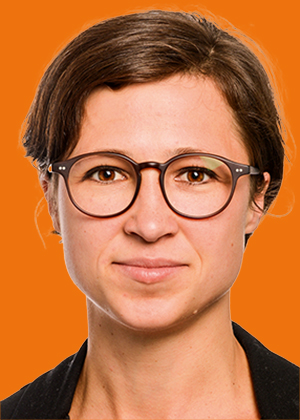
Hannah NEUMANN
(Greens/EFA – DE)
(DARP)
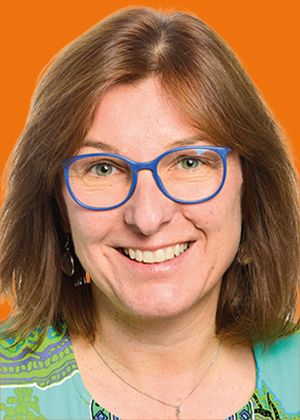
Tilly METZ
(Greens/EFA – LU)
(DCAM)
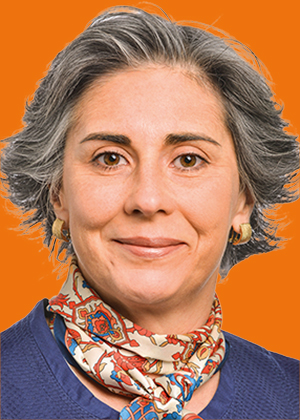
Isabel SANTOS
(S&D – PT)
(DMAS)
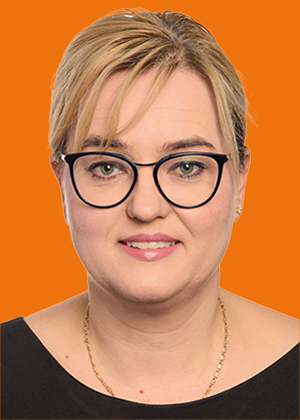
Magdalena ADAMOWICZ
(EPP – PL)
(D - ZA)
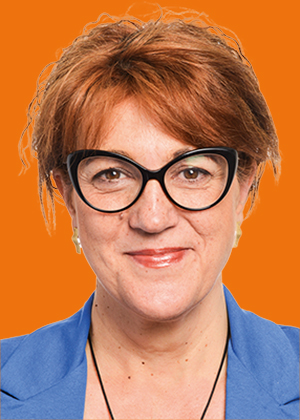
María Soraya RODRÍGUEZ RAMOS
(Renew – ES)
(DPAP)
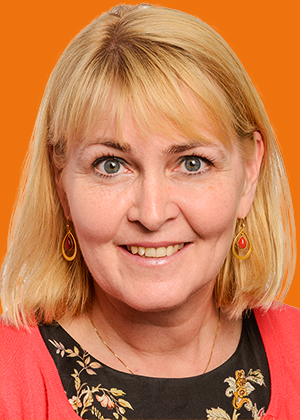
Christel SCHALDEMOSE
(S&D – DK)
(D-JP)

Nathalie LOISEAU
(Renew – FR)
(D-UK)

Roberta METSOLA
(EPP – MT)
(DMED)
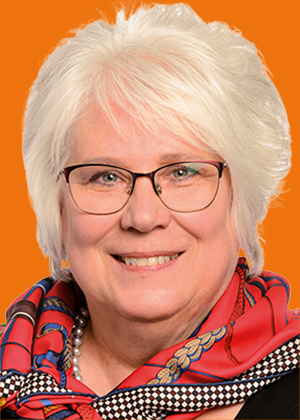
Marina KALJURAND
(S&D – EE)
(DSCA)

Jadwiga WIŚNIEWSKA
(ECR – PL)
(DCAB)


